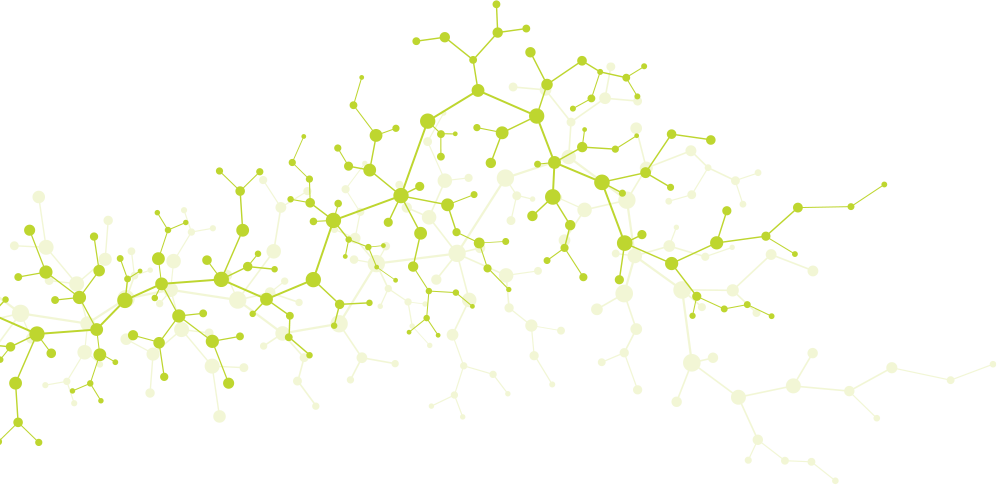The best fat for your brain: DHA in fish and algae oil

Fish oil capsules tout their ratios of DHA and EPA. But DHA and EPA offer different benefits and the ratio between these two matters when it comes to brain health. In a nutshell, a higher ratio of DHA to EPA is best for your brain. Meanwhile, a supplement that focuses on EPA is more geared toward taming inflammation in the body.
DHA (docosahexaenoic acid) and EPA (eicosapentaenoic acid) are both omega-3 fatty acids. They naturally occur in cold-water ocean fish, including salmon, sardines, herring, mackerel, black cod, and bluefish. These are the best dietary sources of omega 3 fatty acids.
Vegetarians can find omega 3 fatty acids in raw nuts and seeds. Take note: Nuts and seeds contain fatty acids in the form of alpha-linolenic acid (ALA), which your body must convert to EPA and DHA.
Unfortunately, if you have blood sugar issues from eating a diet high in carbs, your body may not adequately make this conversion
Also, some people’s bodies do not do a good job of making that conversion because of high blood sugar, genetic issues, a diet already too high in omega 6 oils from packaged and processed foods, or heavy use of omega 6 oils such as canola.
A potent source of brain-friendly DHA comes organic algae farms
The problem with depending on fish for omega 3 fatty acids is that ocean fish comes with problems these days. Fish populations have been gutted from over fishing. Ocean fish are contaminated with heavy metals and pollutants. It’s sad but this is where we are today with this vital source of brain nutrients.
Fortunately, researchers have discovered that the DHA we derive from fish comes in part from the microscopic algae they eat. We now have access to DHA algal oil through the harvesting of organic microscopic algae. Studies show that algal oil delivers the same omega 3 levels as fish.
This means you can access an algal oil-based essential fatty acid supplement with a very high, very brain-friendly ratio of DHA to EPA, with a 24:1 ratio. Most essential fatty acid supplements have a 1:1 ratio of DHA to EPA.
Algal oil also comes with the added benefits of avoiding the depletion of fish population and the contamination of mercury and other toxins.
Why DHA is especially good for the brain
While EPA is great for helping lower chronic pain and inflammation anywhere in the body, DHA is best for the brain.
In fact, studies show consuming high ratios of DHA help with depression, mood swings, bipolar symptoms, poor memory, cognitive decline, and other brain-based disorders.
If you want to support brain health, your essential fatty acid supplement should have at least a ratio of 4:1 of DHA to EPA. However, contact my office if you’re interested in one that has a 24:1 ratio.
How DHA improves brain function and health
DHA works in the brain by supporting the brain’s neurons.
Ample DHA in the brain ensures neurons are sufficiently fluid and flexible, which is necessary for them to communicate with one another. Good communication between neurons is foundational to healthy brain function, good cognition, a brain that is calm and alert, for proper brain development in children, and for healthy brain aging in adults. DHA also inhibits brain degeneration.
DHA has also been shown to improve both short-term and long-term memory and reduce brain inflammation. Reducing brain inflammation is important because this is at the root of so many common problems, including depression, fatigue, memory loss, and brain fog. Brain fog is also serious because it speeds aging of the brain and raises your risk of dementia and Alzheimer’s.
DHA prevents a leaky blood-brain barrier
If you’ve heard of leaky gut, or intestinal permeability, you may also be interested to know that the brain can be leaky too. The brain is lined by a cellular membrane called the blood-brain-barrier. The blood-brain-barrier protects the brain from bacteria, toxins, and other pathogens yet allows necessary nano-sized compounds in and out. Leaky brain is much more common that people realize and typically accompanies leaky gut; both have similar mechanisms. A leaky blood-brain barrier also speeds brain degeneration and raises the risk of dementia.
Luckily, a study demonstrated we can use DHA to help preserve the integrity of the blood-brain-barrier.
How much DHA should you take for brain support?
Most people don’t realize how much fish oil they need for sufficient omega 3 fatty acids. This is especially true if they are eating a lot of chips, crackers, cereals, restaurant foods, and other foods that contain omega 6 fatty acids. One study showed that a beneficial amount is 3,500 mg for a person eating 2,000 calories a day, or about four capsules, more if you consume more calories.
The recommended dose of algal oil is about half that of fish oil — 2–3 grams a day. Fish oil can thin your blood, so please talk to your doctor if you will begin taking it.
For more advice on how functional neurology and functional medicine can improve your brain health, contact our office.
